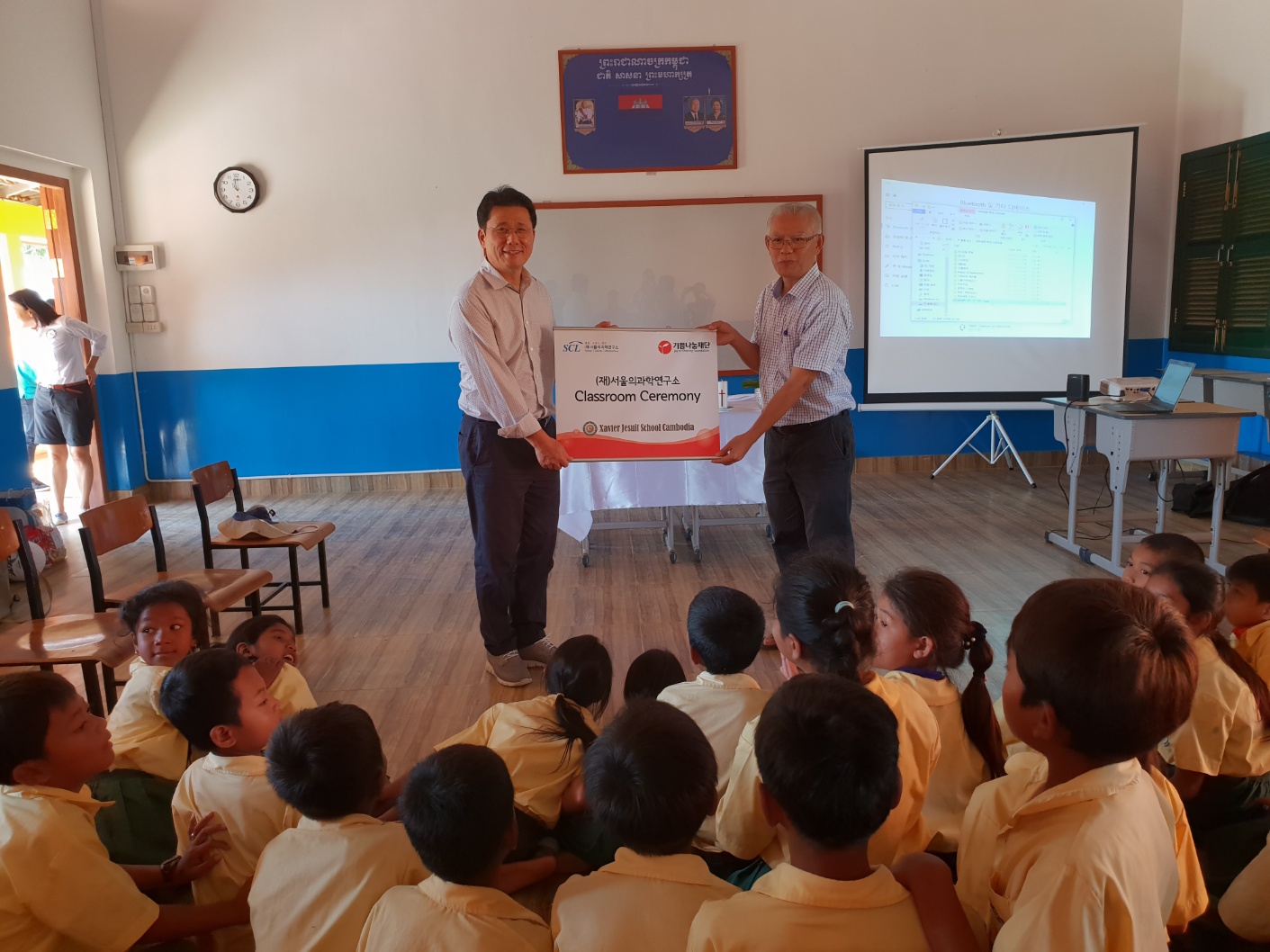
Heart disease causes death and disabilities worldwide, with the number of deaths caused by disease
expected to reach 22.2 million by 2030.
CLholmes® enhances human security by improving healthcare access, especially in medically underserved
regions. According to the World Health Organization(WHO), 75% of heart disease cases occur in low and
middle-income countries. CLholmes® revolutionizes healthcare accessibility by providing precise cardiac
arrhythmia analysis results from any Smartwatch and SmartPatch data.
This empowers individuals in remote regions and underdeveloped nations to predict their heart health in
their daily lives proactively.
Given that heart disease is a leading cause of death, early detection with CLholmes®'s technology not only
reduces healthcare costs but also lowers mortality rates, ultimately enhancing public health.

By 2030, 1 in 6 people in the world will be aged 60 years or over. At this time the share of the
population aged 60 years and over will increase from 1 billion in 2020 to 1.4 billion. By 2050, the
world’s population of people aged 60 years and older will double (2.1 billion). In 2050, 80% of older
people will be living in low- and middle-income countries. The pace of population ageing is much faster
than in the past. Common conditions in older age include heart disease and hearing loss and chronic
obstructive pulmonary disease, diabetes, depression and dementia. As people age, they are more likely to
experience several conditions at the same time.
As heart disease is a leading cause of death globally, our technology's early detection capability is
crucial for individual health protection and offers substantial economic benefits. By identifying heart
issues early, HolmesAI helps avoid expensive treatments and reduces healthcare costs, significantly
lowering national mortality rates and contributing to overall public health improvement.

CLholmes® low hardware requirements enable accurate diagnosis of cardiac arrhythmias even in developing
regions where access to high-performance analysis equipment is limited. CLholmes® offers software-based
interventions tailored to treat, manage, or prevent medical conditions, accessible via a range of devices
such as smartphones, tablets, and wearables. It encompasses a mobile application designed
for patients with cardiac arrhythmia disease and a web platform for medical staff, facilitating
comprehensive care and management of heart disease.
CLholmes® integrates a GPT-4-based human-computer interaction service (Chatbot) that provides
easy-to-understand and reliable analysis results. The GPT model, further trained on international
arrhythmia diagnostic guidelines, analyzes ECG features extracted through CLholmes® Algorithm to provide
users with detailed information about their cardiac health.
This Chatbot not only offers advice on lifestyles to improve heart health but also provides personalized
answers to questions related to cardiac arrhythmias in daily life. These features are especially useful in
regions with limited medical services, helping individuals manage their health more effectively.
With the potential to increase treatment success rates for early-detected arrhythmias, CLholmes®
contributes to a virtuous cycle of healthcare, where early detection and prevention save treatment costs
and resources, enabling more people to access medical care.

SCL Healthcare Group holds an academic seminar with Mobio in Mongolia. SCL Healthcare Group holds an ‘international academic seminar’ every year in Ulaanbaatar, Mongolia to exchange the latest medical fields and new technologies with Mongolian Mobio.In particular, since 2004, SCL medical staff have continuously visited Mongolia to hold the Mobio Seminar, an academic event where advanced medical technologies, including the latest diagnostic techniques, are disseminated.

On May 25, Seoul Medical Science Research Institute (SCL) sponsored a vehicle to the Banteay Prieb Center, a technical school for the disabled operated by the Jesuit Service Corps of Cambodia (JSC), through the Joy Sharing Foundation, an international development cooperation NGO.

The touch care service operated by Yongin City touches the hearts of those hosted and responds well. This
service is a non-face-to-face wandering service based on artificial intelligence (AI) operated by Yongin
City together with the Yongin Digital Promotion Agency and HolmesAI, a local industrial company.
As COVID-19 progresses, the city has made efforts to provide care services non-face-to-face as existing
areas remain due to quarantine guidelines. In December, the city can select it in the social value field
of the government innovation case of the Ministry of Neighborhood Safety. A city official said, “In a
situation where face-to-face care is difficult due to COVID-19, we have taken a secret approach to solving
welfare and community problems that are awkward with new technologies such as intelligence and big
data.” The Yongin-type non-face-to-face AI floating service plans to follow the operating method of the
existing touch care service and expand the target audience to allow those from low-income families and
those over 65 years of age to participate.

SCL Group sponsored classrooms at Javier Jesuit elementary school in Cambodia. Through this, they built classrooms and purchased educational equipment.